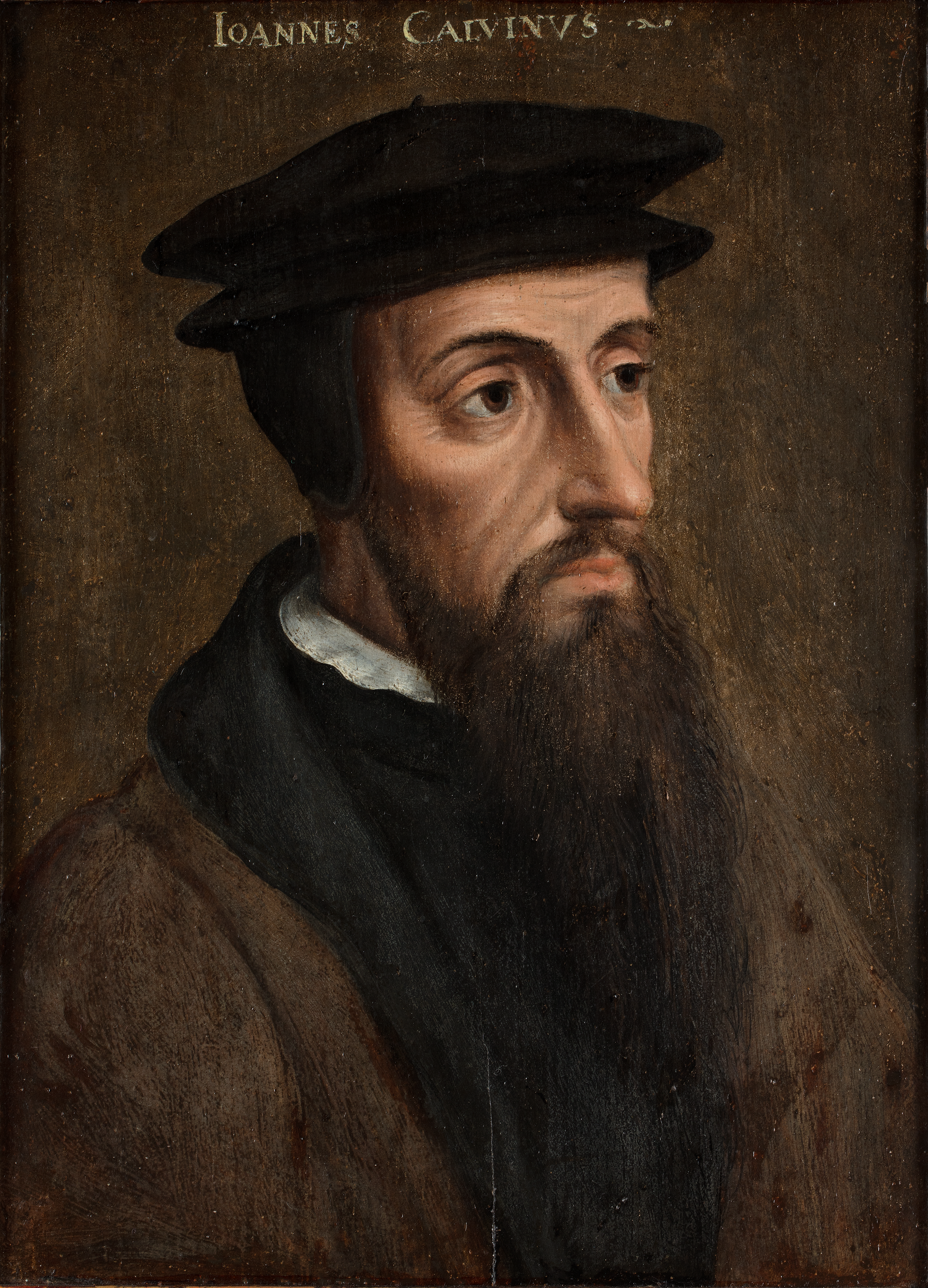The tragic story of Francesco Spiera
The roots of the European concept of freedom of conscience

Portrait of Calvin, who took a stand against Nicodemism following the death of Spiera - Wikimedia
In the 16th century, during the height of the Reformation, a lawyer named Francesco Spiera lived in the picturesque town of Cittadella, not far from Padua. A learned and respected man, as well as deeply devout, Spiera had converted to Calvinism, rejecting various Catholic doctrines, including the existence of Purgatory and the authority of the pope (whose infallibility and primacy would not become dogma until 1870 under Pius IX). His conversion did not escape the notice of the Inquisition, which initiated a trial against him. Fearing for his life, Spiera recanted his new beliefs, but this decision deeply tormented him. He interpreted his recantation as a sign of divine predestination to eternal damnation.
For years, Spiera was forced to conceal his faith through Nicodemite acts (the dissimulation of faith) and to publicly deny his convictions, living in a constant state of inner torment. His despair led him to slowly wither away. His family summoned numerous doctors, who diagnosed him with a form of melancholy (likely akin to modern depression), which manifested in repeated acts of self-harm. He refused food (and was forcibly fed) and even attempted suicide with a sword, convinced that the manner of his death no longer mattered since his fate was sealed. Neither visits from Catholic bishops nor learned Protestant theologians of various denominations could dissuade him from his desire to die. Spiera passed away on December 27, 1548.
Spiera’s case sparked intense debate in a tense religious and political climate. Both Catholics and Calvinists published polemical writings about his plight, with John Calvin himself taking a leading role. Calvin openly condemned Italians and *Nicodemite* practices, equating them with idolatry and asserting that believers had only two acceptable options: exile or martyrdom. However, Calvin’s rigid stance was largely isolated. Other reformers adopted a more cautious approach and made nuanced distinctions, likely to avoid discouraging potential converts in Italy, where the Inquisition held considerable power and where dissimulation could serve as a necessary survival strategy.
Lucia Felici, La Riforma protestante nell'Europa del Cinquecento, Carocci Editore, Rome, 2016, pp. 99-100.
Site: Lucia Felici, SPIERA, Francesco - Biographical Dictionary of Italians - volume 93 (2018) (consulted Nov. 2024)
2025-02-10
Salvatore Ciccarello
